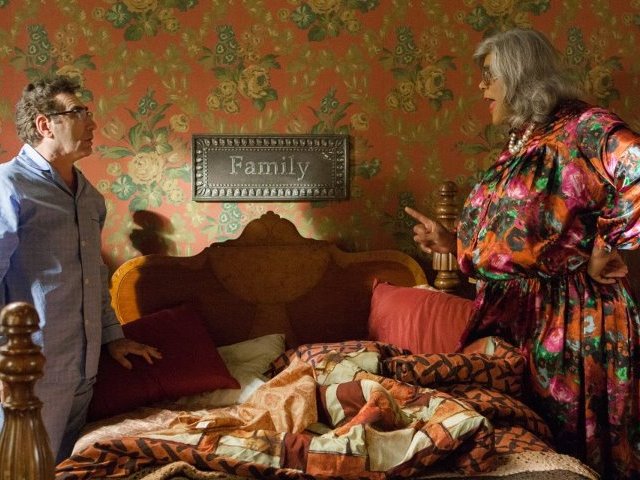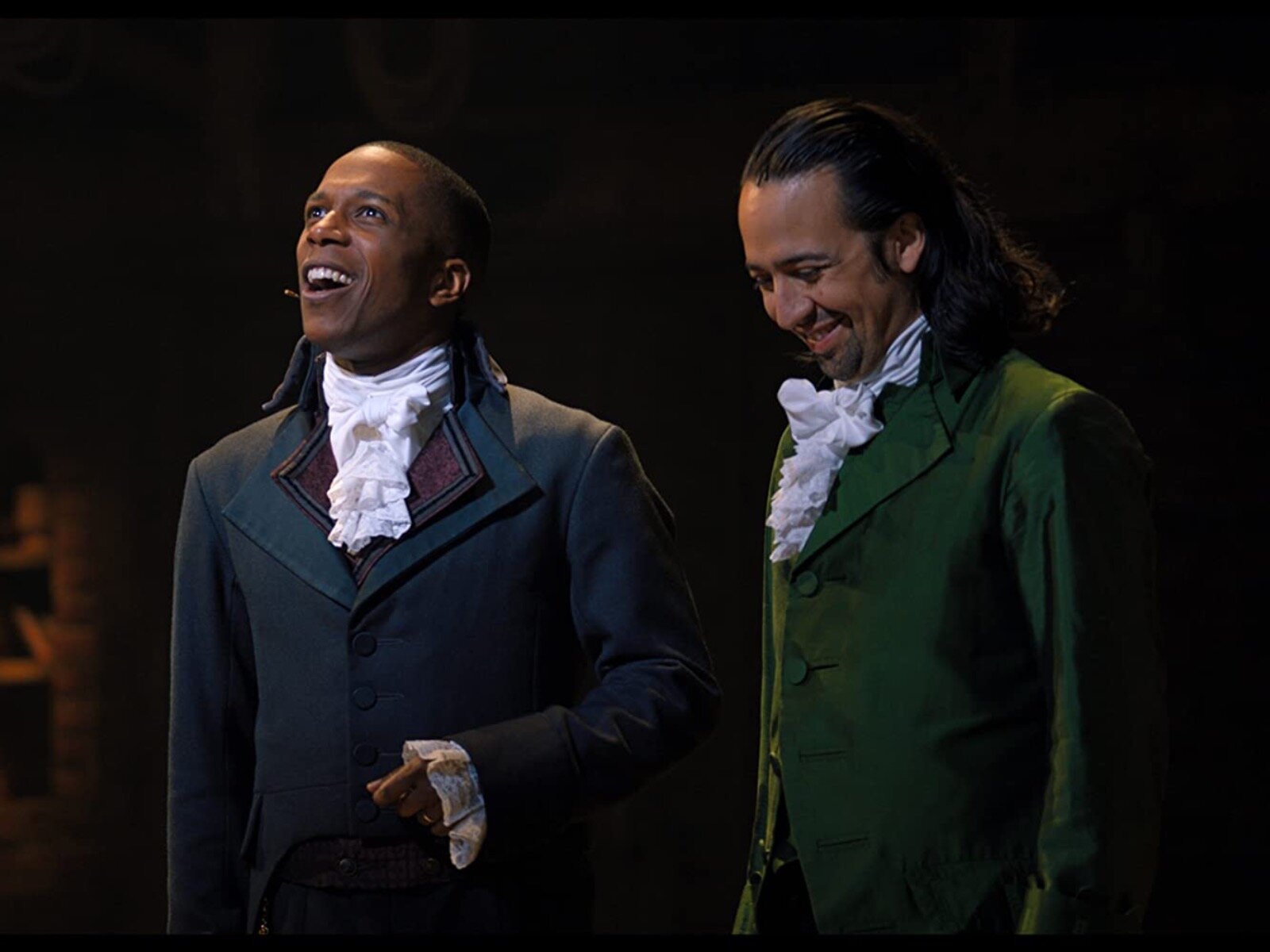Like him or hate him, Tyler Perry has become one of the most profitable and influential men working in Hollywood. He erupted onto the film scene in 2005 with the surprise hit, "Diary of a Mad Black Woman," starring his most famous character, Madea. Seven years later, he's directed twelve films, created his own studio in Atlanta and started two successful television shows.
As the Perry brand has grown financially and in popularity, one would hope that the multi-talented showman would attempt to finesse his craft and push his creativity to higher levels. Instead, Perry's latest film, "Madea's Witness Protection," serves as an upsetting step back, featuring all of the flaws of his previous works with their few pleasures removed.
Surprisingly, the famed title character doesn't appear on screen for about 15 minutes and doesn't get involved in the actual story until a half hour in. For the most part, the film follows the wealthy Needleman family, who get thrown through a loop when their patriarch, George (Eugene Levy, the movie's saving grace), unknowingly becomes the fall guy for a Ponzi scheme with ties to the mafia.
The government investigation, led by prosecutor Brian Simmons (played by a non-drag Tyler Perry), offers George some leniency if he cooperates with them and helps to bring down the mob. While he searches through non-shredded documents, the family is placed in the safest place possible: Madea's inner city home in Atlanta (of course!). There, George's much younger wife (the reliably flat Denise Richards), their two kids (Danielle Campbell and Devan Leos), and his senile mother (Doris Roberts) can hide while also learning valuable life lessons.
It's best not to get hung up on the details of the movie's plot; writer/director Perry certainly doesn't. What isn't tediously trite and cliché is useless, forgotten or both. After dropping off a dead rat at the Needlemans' doorstep (an obvious symbol that the script needed to explain in dialogue), the mafia threat disappears from the film entirely. The family sits on the porch, plays catch in the front yard and attends several church sermons rather casually for a group supposedly hunted by hitmen.
Another subplot involving a young church minister (rapper-turned-actor Romeo Miller) who lost all of his church's mortgage money in the Ponzi scheme seems completely arbitrary.
Since the plot is barely held together with string, it's up to the humor to save the film, a task it is not up to. Perry is noted for encouraging improvisation with his movies, and unfortunately, it shows. Instead of a natural, snappy comedic feel, the jokes and conversations are obnoxiously repetitive. As Madea, Perry is especially at fault as he often stutters and repeats his sassy punch lines as though he's biding time to come up with the next line.
The sluggish pacing doesn't help to bring any energy to the comedy. A conversation between Madea, Brian and the elderly Joe (all played by Perry) could be used in a master class on lifeless, choppy editing. Most of the scenes feel like extended skits, many of which are dated, such as an overlong and predictable scene in airport security.
Tyler Perry has never been known as an exceptionally technical director, but his fame doesn't come from his technical skill. Part of his notoriety comes from the controversy surrounding his films. Critics and fans alike have taken issue with his movies for incorporating stereotypes, many of which can be found in "Witness Protection." Madea and Joe often act like over-the-top, ignorant buffoons, and Madea's mammy-esque sage wisdom reeks a bit of the classic Magical Negro trope – a supporting black character who helps a white protagonist with their insight and sometimes mystical powers.
Despite that, however, Perry is one of the few African-American cinematic voices who have been embraced by Hollywood. There are only a handful of black directors working in Hollywood and even fewer who find mainstream success, such as Spike Lee and the Hughes Brothers.
Thanks to that success, Perry's films have provided roles for African-American actors and actresses, especially older ones, that most Hollywood movies don't offer. Cicely Tyson, Maya Angelou, Louis Gossett Jr. and Whoopi Goldberg all have had significant parts in Tyler Perry movies while the rest of Hollywood offers almost nothing. "Madea's Witness Protection" bucks the trend by featuring a predominantly white cast.
It doesn't feel natural. In fact, it feels like a sell-out, pandering to Hollywood by combining the popular Madea with a more mainstream band of accessible white characters. Audiences get the stereotypes but without the presence that makes Tyler Perry a significant figure in the film industry. The box office results have shown Perry that he is important, but he seems to have forgotten why he is important.







